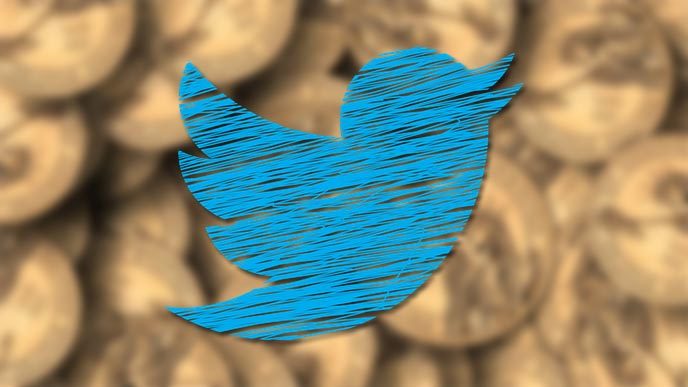How do you define success? While the individual circumstances will certainly vary from individual to individual, most of us will come up with reasonably similar criteria. We’re successful if we have a job that we generally enjoy doing, even if we don’t necessarily love every day or every aspect of what it is that we do. That’s fair.
You might say that you’re successful when you start to be viewed as the go-to-expert in your chosen field. When people want to know about X or when they have questions about Y, they turn to you for the answers. You’ve “made it” if you’re well known for what you do, particularly if you’re well known for doing what you do well. It’s a certain level of respect and even accolade. Sure.
But really, for so many of us, the one benchmark that we use to define success comes down to dollars and cents. Are you making a good amount of money doing whatever it is that you do? If you’re a “successful” Internet marketer, it means that you’re doing a good job at making money online. The same is true if you want to be a blogger or an app developer or a consultant or any number of other possibilities. That’s “success,” right?
The Case of Twitter
Well, let me ask you this? Do you think Twitter is successful? It’s far and away one of the largest social media platforms on the web today, and it has been wildly influential across a broad spectrum of society. Companies use it to promote their goods and services, individuals use it to rally around causes they believe in, and fans use it to discuss their favorite movies and TV shows.

With an estimated 270 million monthly active users worldwide in 2019 (and 330 million in Q4 2017), Twitter has incredible reach, far more than many traditional publications. That’s success, right? Why is it, then, that Twitter was only able to turn its first profit in late 2017? Twitter got its start way back in 2006, so it took over a decade before it actually started making money. It was “successful,” but not profitable.
Get In on the Action?
Here’s another example. For many of us, GoPro has become the Kleenex of the action camera world. Just as people say “Q-Tips” to refer to cotton swabs and “Coke” or “Pepsi” to refer to a cola beverage, GoPro has become the dominant force in its niche. They sell millions of units, and their cameras are trusted by amateur YouTubers and Hollywood professionals alike. Successful, right?

Even then, GoPro only managed to turn a profit twice between the third quarter of 2015 and the fourth quarter of 2018. In a span of three years, or abotu 12 quarters, it only made money twice. That’s only about 17% of the time. Can you imagine, in a sense, working for three years, but only making money for six months? GoPro may have brought in $377 million in revenue in Q4 2018, but that only resulted in a $32 million profit. In all but one other quarter after Q3 2015, they suffered a loss.
And the profitable quarters weren’t even all that profitable, relatively speaking. The third quarter of 2017 brought in about $15 million, and as mentioned, Q4 2018 was $32 million. Over that same period, they suffered losses of around $100 million in five consecutive quarters (Q1 2016 to Q1 2017, inclusive). Can you imagine if your business looked like that?
But ask most people and they’ll certainly tell you that GoPro is a successful company. Except it’s not. Not really. It’s certainly not consistently profitable.
Forget About Success
The good news for all the professional bloggers and Internet marketers reading this is that your business likely does not operate at the same kind of scale as Twitter or GoPro. You’ll experience your share of ups and downs, but your operating costs are likely much more manageable and your potential upside is significant.
The next time you look at what you do, don’t ask yourself what it will take to be successful. That could be all smoke and mirrors. Instead, ask what you can do to ensure you’ll be profitable, month after month, quarter after quarter, year after year.